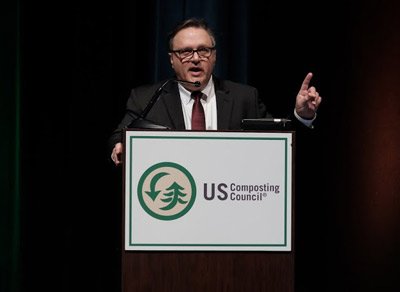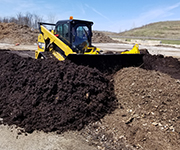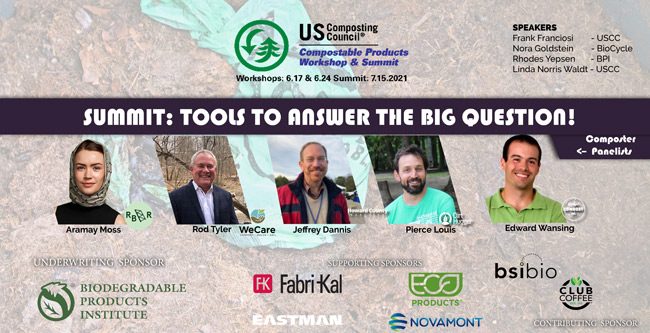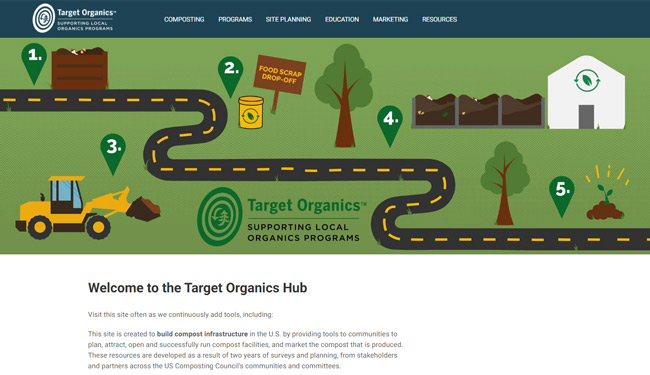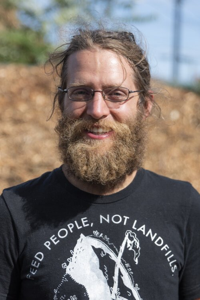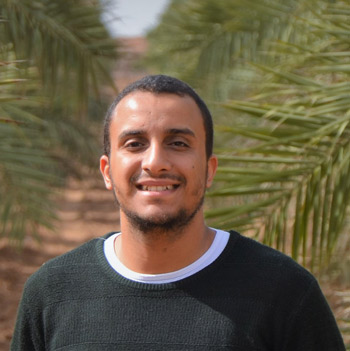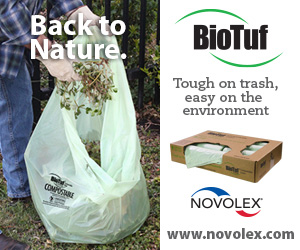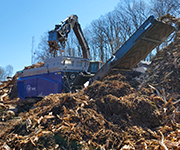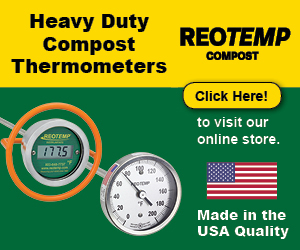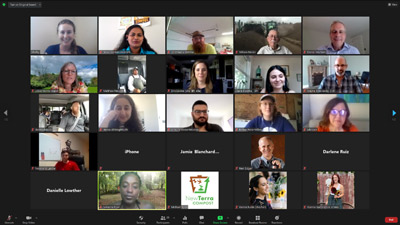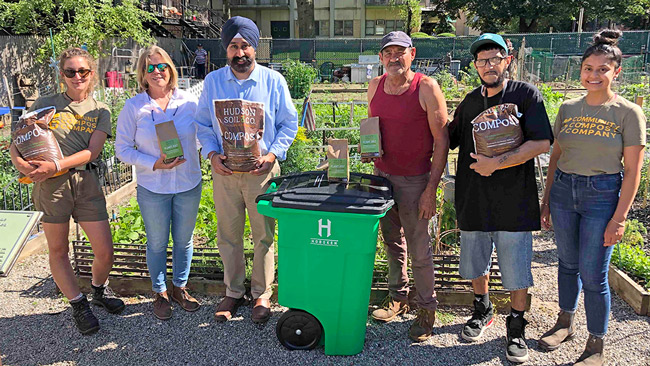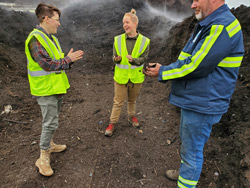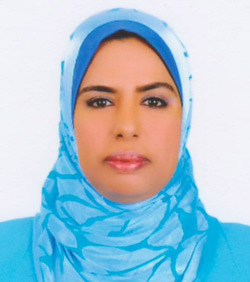 |
|||||||||||||||||||||||||||||||||||||||||||||||||||||||||||||||||||||
| Past Issues | Subscribe | Send to a Friend | compostingcouncil.org | |||||||||||||||||||||||||||||||||||||||||||||||||||||||||||||||||||||
Back in March, the USCC initiated a Compost Manufacturer Member (CMM) survey requesting information on compost facility throughput. The purpose of this survey was to get a first-time estimate of our CMM’s impact on greenhouse gas avoidance, carbon sequestration and fertilizer value. CMM’s were quested to provide totals of feedstocks taken into their facilities and total tons or cubic yards of compost sold during calendar year 2020. All specific facility data was kept confidential and only the aggregated data was provided to perform the calculations. Of total number surveyed, only 25% of the CCM’s responded. So, the data reported below is at best a conservative representation of our Compost Manufacturer’s environmental total impact. The calculations were provided by Jane Gilbert of Carbon Clarity.
The US Composting Council is here to support the compost industry. We cannot do this without your membership dues! Please take 5 minutes to check the status of your account. Memberships are due annually on July 1 of each year. Login to your account and make sure you have renewed.
Your dollars support the industry!
This year alone we have: - Lead the US Compost Infrastructure Coalition
- Hosted a Virtual Annual Conference - Launched the Target Organics Hub with the help of our CCLC members By composters, for composters: The USCC has hosted two virtual workshops on compostables in June. The first workshop focused on the foundations of what compostable products are. This in-depth review of the scientific classifications, historical background on the invention of compostable products , and a general overview of certification through the Biodegradable Products Institute covered the bases. The second workshop was all about contamination and testing. With presentations from industry experts and composters, this workshop gave participants an in-depth look at the issue of contamination. Finally, next week, on July 15th, the series will conclude with a summit featuring a panel of composters with varying perspectives on how to handle composting and will give you the tools to answer the big question, “HOW DO YOU DECIDE” if you will take compostables in your facility?
USCC members can sign up to attend this summit at 50% off with the coupon code: CP-MEMBER from now until July 15. Don't miss this conclusion to the three-part series!
We are excited to announce to our membership that the Council is moving forward on a nationwide compost industry economic study. This has been made possible by the underwriting of members and the Corporate Compost Leadership Council.
The USCC has signed an agreement with the Environmental Research and Education Foundation (EREF) to undertake the first-ever in-depth study of commercial composting. The EREF will be facilitating the study, which will gather data that ranges from facility throughput, compost volume sold, employee headcount and other downstream financial impacts of the industry, to the current state of practice regarding equipment types, tipping fees, feedstock types and technologies. Survey data will be aggregated to paint a complete picture of the industry (that is lacking now), thus providing needed figures for decision making by our members and allied industries, policy makers and municipalities, and industry leaders. The report will also provide an analysis of program availability and an exhaustive facilities list will assist in infrastructure development.
This summer will be spent developing the methodology and identifying data sources, with survey data collection underway in late Q3/Q4. Please note that, as members, you will be asked to participate in the survey and that, by providing your information, you will help in the growth and development of our industry. Stay tuned for updates on this critical project.
The Target Organics Committee is excited to unveil the beta version of the long-awaited Target Organics Hub, a web-based collection of resources designed to help communities develop organics recycling programs and compost facilities.
The Hub contains expert advice organized into five major focus areas for organics programs, written and curated by USCC members from the Hub and Roadmap Committees. Thank you to the Target Organics Committee (see box) for all of your work!
Nathan Rutz began serving as Director of Soil at Rust Belt Riders Composting in Cleveland Ohio in 2017. For him, compost and composting are parts of a generations-long mission to restore right relationship between humans and the earth. He revels in the dizzying diversity of soil life and processes, enjoying the fact that the more he learns, the less he knows in the complex universe of decomposition and pedagenesis. At Rust Belt Riders, he is responsible for quality assurance and control, developing Tilth Soil products, driving loaders, equipment maintenance, regulatory compliance, and keeping the kegerator stocked.
Why I applied for CCOM:
“I spend a lot of time learning about compost and composting and continue to enjoy it, and see myself continuing to enjoy it. By joining the CCOM group, I hope to identify myself to other people who want to further improve the quality and processes of composting at scale. I also hope to show the wider world that we take composting seriously at Rust Belt Riders Composting by joining the CCOM program.”
Mostafa Magdy is an agronomist with 10 years of experience working on date palms farms. Mostafa specializes in managing 500 ha farm, developing and enhancing date palm cultivation, and managing it in accordance with the economic needs to fulfill the requirements of the agriculture production line. He is also leading the compost facility as a mission to manage annually 18,000 tons through an integrated system of waste reduction, reuse, recycling, innovative technology, and customer demand.
Mostafa has held various leading positions in precision agriculture projects. In addition, he had the opportunity to build up one of the biggest compost facilities in KSA all from scratch.
Mostafa holds a BS in Agricultural Engineering from Cairo University in Egypt as well as a Professional Diploma in Quality Management from Quality National Institute in Egypt. Mostafa speaks native Arabic and fluent English.
Why I applied for CCOM:
“I entered the composting field since I was preparing for my graduation project on Plant Residues Management Techniques. I was always having the intention to certify my experience in that field to promote my professional career. Three years ago, I was searching for a formal well-known body that offers a professional certificate and training regarding composting and its operations.
The day I have found the USCC, I realized that I have found my calling. After a while, I was lucky to join the COTC in Denton, TX 2019. It was a great experience at all levels. I was thrilled I met with professional teammates who all have the same purpose of getting deep in Composting World.
At that moment, I was having one target left, the CCOM certificate. From all materials and books I studied as a preparation for the exam, I come up with a much glorious goal: Raising Awareness of Composting with Science, Experience, and Passion. Now I am CCOM™ and am preparing for next chapter in my career.
The USCC is urging Oregon Gov. Kate Brown and Maine Gov. Janet Mills to veto Extended Producer Responsibility bills recently passed by both states’ legislatures.
The bills, SB582 in Oregon and LD1541 in Maine, while calling for support of the recycling system by placing fees on packaging products, failed to direct funding to organics recycling and compost infrastructure, even though fees will be assessed on compostable products.
USCC’s position is that EPR bills must include a mechanism to direct funding to compost infrastructure, organics recycling and contamination reduction education in composting if compostable products are included, since these are the industry’s biggest challenge.
Read more about EPR
This monthly roundup is intended as snapshot of issues the Legislative and Environmental Affairs Committee has under discussion.
Leafy Greens Management Association (LGMA) and Compost Pathogen Testing
The USCC, through its Legislative and Environmental Affairs Committee (LEAC) is analyzing and tracking changes in pathogen testing proposed by the Leafy Greens Management Association of California, which promotes a set of food safety practices that are implemented on leafy greens farms throughout the state.
Road to Success - Mentoring Kick Off Meeting 2021:
The Mentoring Committee had their kickoff meeting on June 16. Mentors and mentees introduced themselves followed by Shelby Hoglund explaining the guidelines of the Mentoring Program. The mentoring pair then started communicating and mentees are well down their road to success in the industry. Shout-out to the Mentoring Committee! Matthew Nesbitt sure is on road to success - driving his truck and attended the meeting at the same time!
Quarterly meeting:
The YPG quarterly meeting was held on June 29. The meeting was well received, and the attendees discussed what is happening in their organization as well as the upcoming
The City of Hoboken (NJ) now has 12 public locations for residential food scraps drop-off. Eight new ones opened in mid-June, tripling the size of the program and creating greater accessibility for all Hoboken residents. The expansion is a component of City’s Climate Action Plan to reduce greenhouse gas emissions and become carbon neutral by 2050. Seven of the sites are at parks; other locations include City Hall, a community garden, a street plaza, a multi-service center and “under the Viaduct.”
In 2021, Cedar Grove and YouthCare formed a partnership to provide a clear path for YouthCare clients, young people experiencing homelessness, to living wage jobs. Through this program, Cedar Grove is partnering with YouthCare to fulfill its mission of working to end youth homelessness and ensure that young people are valued for who they are and empowered to achieve their potential.
Cedar Grove is a local, family-owned business with deep roots in the Seattle area dating back to 1938. Cedar Grove plays a critical role in the Puget Sound’s recycling infrastructure and sustainability efforts, diverting more than 350,000 tons of yard waste and food scraps from landfills annually. With two processing facilities in Maple Valley and Everett, Cedar Grove is a local manufacturer providing green jobs in King and Snohomish Counties. Cedar Grove produces wholesome, nutrient-rich compost that is sold to businesses, governments and residents, ensuring consumers have access to locally produced, recycled products.
ROHNERT PARK, Calif., September 4, 2019 /PRNewswire/ -- World Centric® has announced today the addition of tree-free paper cold cups to its NoTree™ collection of 100% compostable hot cups and bowls for the foodservice industry. The new cold cups are made from sustainably-sourced bamboo paper that provides a high quality, environmentally friendly alternative to cold cups made from wood paper and petroleum plastic.
Available nationwide in September, the NoTree cold cup line includes 12, 16 and 22 ounce cup sizes that conform to ASTM D6400 Standard for compostability, are BPI Certified and meet FDA guidelines for food use. Additional features include:
Wompost is a women-owned company in Aurora. We pick up food and yard waste and deliver finished compost soil. Our biggest goals are to fight climate change and create great jobs. We are building a company that is good for people, customers and employees, and the planet.
The CREF Board of Trustees has welcomed Noura Bakr to join the board. Noura is appointed as Associate Professor in Soil and Water Use Department, National Research Centre (NRC), Cairo, Egypt. She holds B.S. and M.S. in Soil and Water Sciences. She obtained her Ph.D. in Plant, Environmental Management, and Soil Sciences from Louisiana State University. Her Ph.D. focused on using geoinformatics technology and compost applications for sustainable natural resource management. The Board of Trustees are happy to have Noura bring to the board her wealth of scientific knowledge on compost, as well as her international experience, being the only current trustee living out of the United States.
The CREF Board of Trustees has announced the winners of this year's Compost Research Scholarships for college students. Two students were awarded national scholarships. The Foundation received many worthwhile applications but these two stood above the rest. The goal of the scholarship is to encourage more compost-related research projects, a core mission of the Foundation. The students receive not only a financial award but are also invited to present their finished work at the USCC Annual Conference during a CREF research session.
A scholarship was awarded to Brooke Schmidt, a senior at the University of Arizona. Brooke’s research project aims to explore how compost can be improved through mineral additives to provide longer-lasting benefits for arid cropland farmers. Also awarded a scholarship was Md Mahfuz Islam, a Ph.D. student at North Carolina State University. His research will focus on managing compacted construction sites and roadside soils to improve stormwater infiltration and reduce watershed pollution, primarily through the incorporation of composts.
June marked the end of the first year the Compost Manufacturing: Principles & Practices (CM:PP) course was offered by the Compost Research & Education Foundation. The three-day course began last fall in New Jersey with a hybrid of limited capacity, in-person lectures for the first two days followed by an optional, third day Facilities Tour. The lectures covered topics from basic principles and composting methods to site design and managing stormwater and air quality. The Facilities Tour was self-driven by students, meaning they drove themselves to the designated tour stops and joined the scheduled outdoor presentations. These precautions were implemented to the in-person segments to comply with any local, state and federal COVID-19 guidelines. For the Colorado and California CM:PPs, the lectures were 100% livestream with the tours remaining an optional, self-driven option for attendees. These three CM:PPs lectures educated more than 120 students with the tours hosting over 60 students. With restrictions lifting, future CM:PPs are not being actively scheduled, but the new course format will remain as an instructional option for large-scale businesses seeking technical training.
The CM:PP format provides a strong alternative for large-scale operations seeking technical training for their staff, but in-person options aren’t feasible.
|
|||||||||||||||||||||||||||||||||||||||||||||||||||||||||||||||||||||
